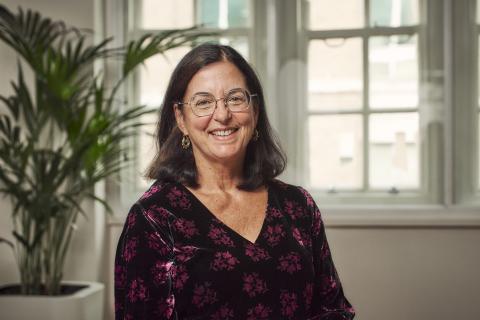After two quarters losing net subscribers (-1.2 million), Netflix grew subs in Q3, adding 2.4 million (up to 223 million), driven by APAC but with all regions back to an upward trajectory. The company's attempt to focus attention off subs and onto revenue hit a snag, though—due to F/X this was down quarter-on-quarter
Netflix's ad-supported tier will be launched in the UK on 3 November; while it will not alleviate churn it will increase the perceptual value of the more popular and expensive Standard tier. With BARB not measuring incremental reach and frequency of its commercial impacts, Netflix will still have a job to prove value to advertisers
The declaration of Netflix's UK revenue firms up our understanding of the company's paying base, and provides insight into the number of households that are getting the service for free—revealing the revenue potential of measures to counteract this freeloading culture, but also the prevalence of it

